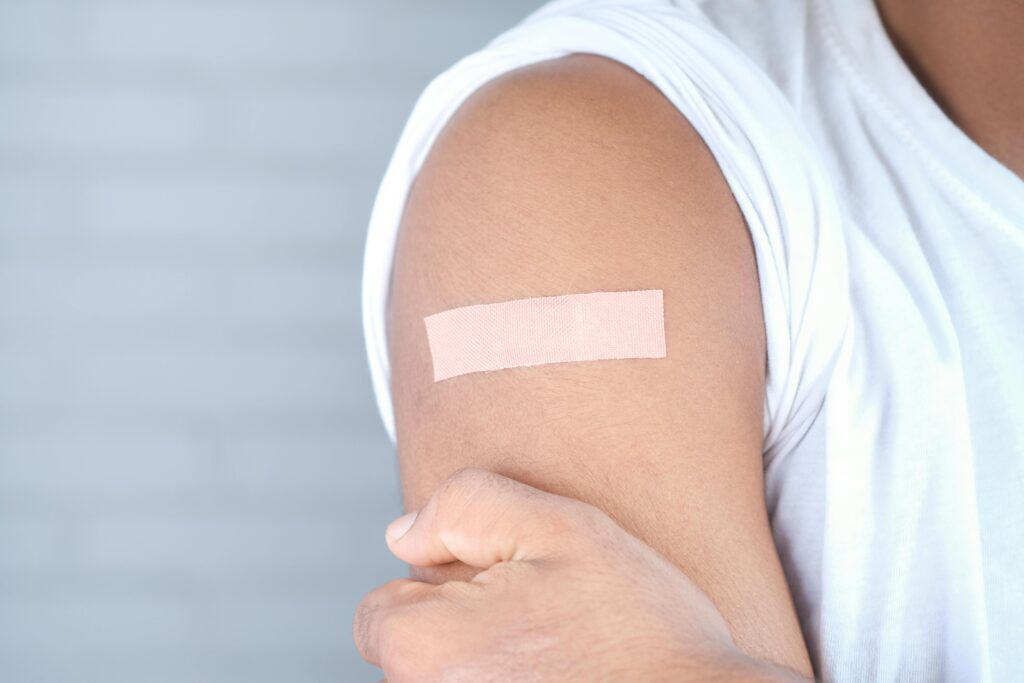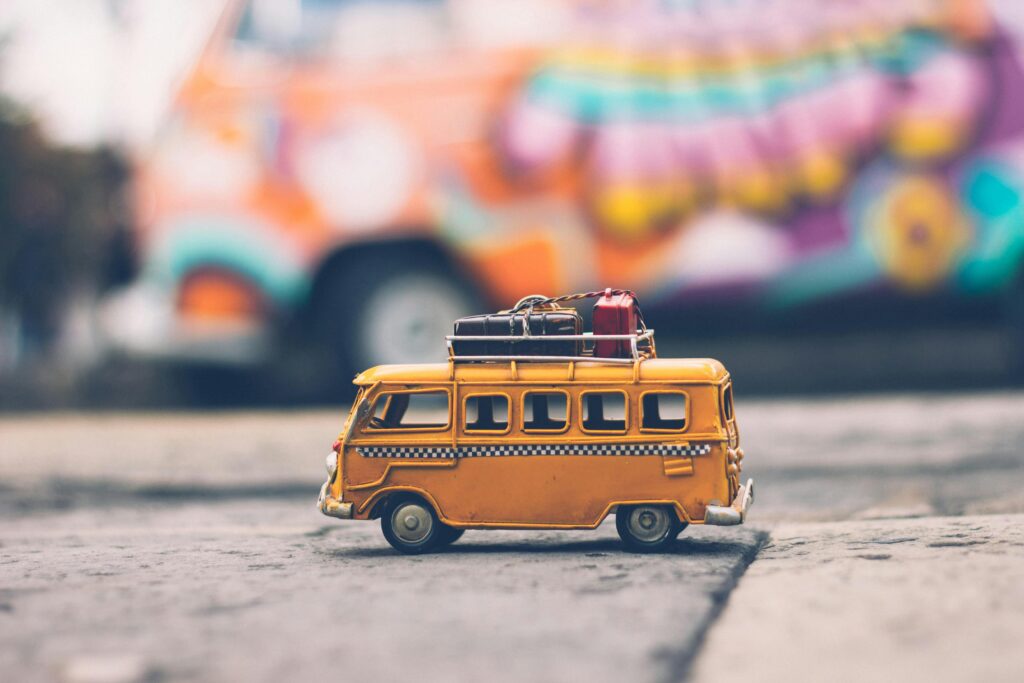Embarking on a journey to explore new destinations or revisit familiar ones is an exciting endeavor for any traveler. However, ensuring that you’re well-prepared with essential medications and first aid supplies is crucial for maintaining your health and safety while on the go.
Whether you’re jetting off on a family vacation or embarking on a solo adventure, knowing how to pack medications and first aid supplies effectively can make all the difference in ensuring a stress-free and enjoyable travel experience. In this comprehensive guide, we’ll share expert tips and practical advice for packing medications and first aid supplies for travel, helping you stay prepared for whatever the journey may bring.
Take Inventory and Plan Ahead
- Start by taking inventory of your current medications and first aid supplies to determine what you’ll need for your trip. Make a list of essential medications, including prescription drugs, over-the-counter remedies, and any special medical equipment or supplies.
- Check expiration dates and refill prescriptions as needed to ensure that you have an ample supply of medications for the duration of your trip. Consult with your healthcare provider or pharmacist for guidance on managing your medications while traveling, including adjusting dosages or timing to accommodate changes in time zones or travel schedules.
- Consider the specific health needs of you and your travel companions, including any existing medical conditions, allergies, or dietary restrictions that may require special attention or accommodations during your trip. Pack accordingly to ensure that you have everything you need to manage your health and well-being while traveling.
Organize Your Medications and Supplies:
- Choose a durable and travel-friendly container or organizer to store your medications and first aid supplies. Opt for a compact, waterproof case with multiple compartments or pouches to keep items organized and easily accessible while on the go.
- Use labeled pill organizers or medication dispensers to separate and store individual doses of medications for easy administration during travel. Consider color-coding or labeling each compartment to distinguish between different medications and prevent confusion.
- Pack medications and first aid supplies in your carry-on luggage or personal bag to ensure that they’re readily available during transit and in case of emergency. Keep a smaller, portable first aid kit with basic supplies such as bandages, antiseptic wipes, pain relievers, and adhesive tape within reach for quick access when needed.
Follow TSA Guidelines and Regulations
- Familiarize yourself with Transportation Security Administration (TSA) guidelines and regulations regarding the transportation of medications and medical supplies through airport security checkpoints. Review the latest guidelines on liquids, gels, and other restricted items to ensure compliance and prevent delays during screening.
- Pack medications in their original, labeled containers whenever possible to facilitate inspection and verification by security personnel. Carry a copy of your prescription or a doctor’s note for prescription medications, especially if they’re in liquid or injectable form, to provide documentation if requested.
- Declare medications and medical supplies to TSA officers during the screening process and follow their instructions for additional screening or inspection as needed. Be prepared to explain the purpose and necessity of any medications or medical devices in your possession to ensure smooth passage through security checkpoints.
Secure and Protect Your Supplies
- Take precautions to protect medications and first aid supplies from damage, theft, or loss while traveling. Store medications in a cool, dry place away from direct sunlight and extreme temperatures to maintain their potency and effectiveness.
- Keep medications and medical devices in your immediate possession or within sight at all times, especially when passing through security checkpoints or navigating crowded areas. Avoid leaving medications unattended in checked luggage or hotel rooms to minimize the risk of theft or tampering.
- Consider carrying a backup supply of essential medications and first aid supplies in case of unexpected delays, lost luggage, or unforeseen emergencies while traveling. Pack duplicates of important documents, such as prescriptions, medical records, and emergency contacts, in a separate location for added security and peace of mind.
By following these expert tips and practical guidelines for packing medications and first aid supplies for travel, you can ensure that you’re well-prepared to manage your health and safety while exploring the world. From taking inventory and organizing your supplies to following TSA guidelines and securing your belongings, incorporating these strategies into your travel routine will help you stay healthy, safe, and prepared for any adventure that comes your way.
So pack your bags, embark on your next journey with confidence, and enjoy the peace of mind that comes from knowing you’re well-equipped to handle whatever the road may bring.
Safe travels JetSetters!




